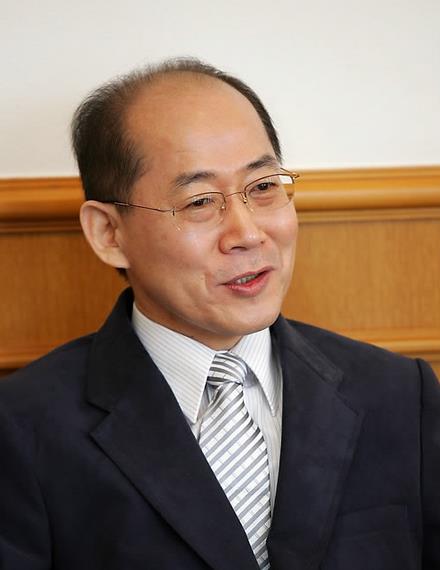The Intergovernmental Panel on Climate Change (IPCC), the UN body for assessing the science related to climate change, is calling for nominations of authors for the Sixth Assessment Report (AR6).

Governments, Observer Organisations and IPCC Bureau Members have been requested to submit nominations of Coordinating Lead Authors, Lead Authors and Review Editors by Friday, October 27, 2017 (midnight GMT +1). The Bureaus of the three IPCC Working Groups will then select the author teams from the lists of nominations.
The call for nominations follows agreement on the outlines of the three Working Group contributions to the Sixth Assessment Report at the IPCC’s 46th Session in Montreal, Canada, earlier this month.
The three Working Group contributions will be finalised in 2021, followed by a Synthesis Report in 2022, forming an up-to-date and comprehensive assessment of the scientific community’s understanding of climate change. The IPCC is already preparing three Special Reports on specific topics as well a refinement of its guidelines for measuring greenhouse gas inventories.
Hundreds of experts around the world in the different areas volunteer their time and expertise to produce the reports of the IPCC. Author teams aim to reflect a range of scientific, technical and socio-economic views and backgrounds.
The IPCC includes three working groups: Working Group I assesses the physical science basis of climate change; Working Group II is responsible for impacts, adaptation and vulnerability; and Working Group III assesses the mitigation of climate change.
“We are seeking scientists with expertise across the disciplines assessed by the IPCC,” said Hoesung Lee, Chair of the IPCC. “We also hope that more scientists from developing countries and more women scientists will be nominated as IPCC authors to give us diverse author teams that can provide a range of relevant perspectives.”
IPCC author teams include a mix of authors from different regions. The IPCC, it was gathered, also seeks a balance of men and women, as well as between those experienced with working on IPCC reports and those new to the process, including younger scientists.
